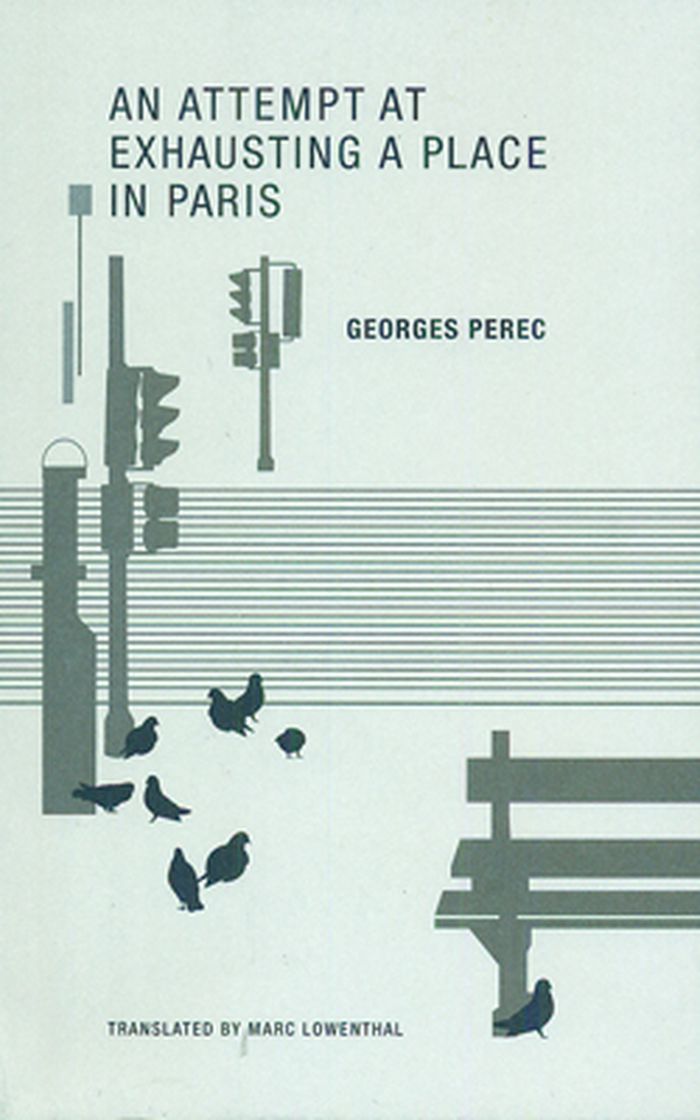$34.00
(available to order)
Summary:
In 1979, Georges Perec (1936–1982) wrote a brief entertainment called The Winter Journey for a publisher’s catalogue. It quickly became his most frequently reprinted short story. Set on the eve of World War II, it recounts the discovery of a great literary masterpiece that conceals a scandalous secret at the heart of the whole of modern French literature. Every aspect of(...)
Georges Perec and the Oulipo: winter journeys
Actions:
Price:
$34.00
(available to order)
Summary:
In 1979, Georges Perec (1936–1982) wrote a brief entertainment called The Winter Journey for a publisher’s catalogue. It quickly became his most frequently reprinted short story. Set on the eve of World War II, it recounts the discovery of a great literary masterpiece that conceals a scandalous secret at the heart of the whole of modern French literature. Every aspect of literary history will have to be rewritten. However, the War intervenes, and the work is lost forever. The present volume includes and then extends this brief parable, which turns out to be so resonant with possibilities. The result is a novel of digressions, gradual elaboration and bizarre forays into the totally unexpected.
Art Theory
$18.50
(available to order)
Summary:
One overcast weekend in October 1974, Georges Perec set out in quest of the "infraordinary": the humdrum, the non-event, the everyday--"what happens," as he put it, "when nothing happens." His choice of locale was Place Saint-Sulpice, where, ensconced behind first one café window, then another, he spent three days recording everything to pass through his field of vision:(...)
An attempt at exhausting a place in Paris
Actions:
Price:
$18.50
(available to order)
Summary:
One overcast weekend in October 1974, Georges Perec set out in quest of the "infraordinary": the humdrum, the non-event, the everyday--"what happens," as he put it, "when nothing happens." His choice of locale was Place Saint-Sulpice, where, ensconced behind first one café window, then another, he spent three days recording everything to pass through his field of vision: the people walking by; the buses and driving-school cars caught in their routes; the pigeons moving suddenly en masse; a wedding (and then a funeral) at the church in the center of the square; the signs, symbols and slogans littering everything; and the darkness that finally absorbs it all. In An Attempt at Exhausting a Place in Paris, Perec compiled a melancholic, slightly eerie and oddly touching document in which existence boils down to rhythm, writing turns into time and the line between the empirical and the surreal grows surprisingly thin.

